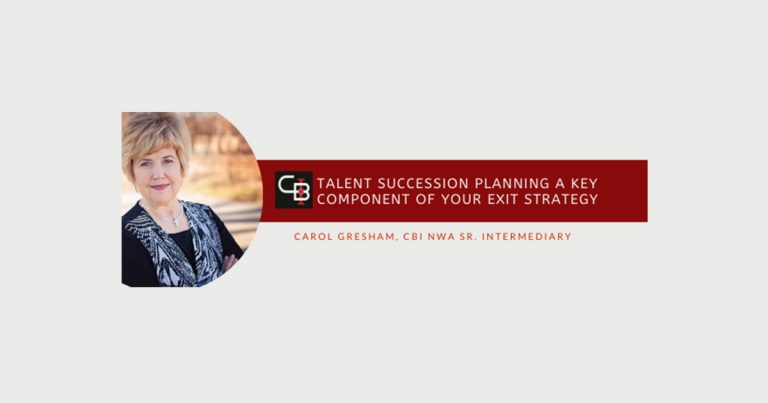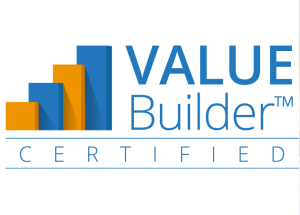by Dave Godwin
Over the last few years, organizations favor acquisitions to either merge ideologies or kill the competition and unite to take on bigger players. The $19 billion Whatsapp acquisition by social media giant, Facebook set the industry buzzing as to why Mark Zuckerberg paid such an unbelievable amount. Was it the growing popularity around the world with millions of users preferring it for quick, internet-based personal communications or the fact that Whatsapp’s services fit into Facebook’s business model like hand in glove?
Whatever the reasons, the acquisition is surely working for this confluence as the number of Whatsapp users has jumped from 450 million at the time of the acquisition to 1.5 billion most recently! The number of users is growing at a mind-boggling rate and Facebook is sure to reap the benefits, not only financially but also in terms of greater reach to the masses in lightning speed.
Acquisition strategies do not have to be limited to the giant corporations, they can be a great way for you to grow your small business as well, but to have success, you need to do some homework. There are risks associated with acquiring businesses and it is critical that you follow a process which includes evaluating your own business infrastructure as well as clearly identifying how you will identify and analyze potential targets. Below is an initial list of questions to consider before looking to acquire. As a business owner you should start by completing a SWOT (Strengths, Weaknesses, Opportunities, Threat) analysis.
- What are the risks of not doing anything differently – what does the next few years look like in the current condition of finances and operations for your business?
- One objective of an acquisition strategy is diversification, which is primarily to reduce risk. These risks could include things such as customer availability, industry trends, competitive pricing/margin erosion, industry consolidation, changes in consumer/customer behavior, etc. What are the one or two greatest risks you currently are facing that could impact performance?
- What is a reasonable growth rate target and return on investment objective that would meet your financial goals?
- What are your operational strengths, and how could you leverage them in a merger and what industry knowledge and expertise would you bring to a related business?
- Is it possible to gain business with your current customer base by providing new products and services, and could these be acquired?
- How strong is your brand? Can this be leveraged to magnify the impact of your acquisition? Does the acquisition target have a brand that can be leveraged?
- What are the economies of scale with your fixed asset base and operational infrastructure, can you lower costs resulting from efficiencies that are achieved?
- What are the capabilities of your management team to absorb and integrate another business? Does the target have strategic players that you can leverage as you grow?
- What is your company culture and what types of cultures in a target would be compatible and allow you to achieve your goals?
- Would you make an acquisition outside of your region? Is that possible, or should you focus on your current geographic area?
- What size business would be appropriate to target and would deliver on your growth plans?
- What is your access to financing and how much debt are you willing to take on?
Answering these questions will help you develop an acquisition strategy and successfully begin the hunt for potential targets.
I help entrepreneurs buy and sell remarkable businesses as well as help them plan their exits. If you would like to learn more about how to maximize the value of your business at exit, Click Here to schedule an introductory call with me. I will help you discover how to find out if it’s the right time to exit and help you ask a higher selling price for your business. All information is managed in the strictest of confidentiality.
If you prefer, feel free to call me directly at 479-263-7330 to answer any questions you might have about buying a business at a competitive price




